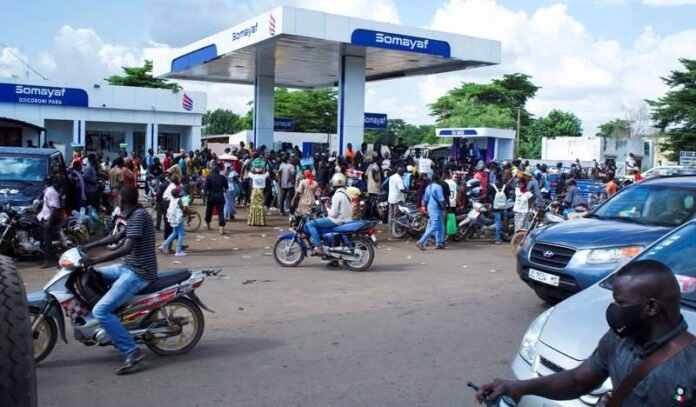The Malian government has suspended all school and university classes nationwide for two weeks starting Monday, citing a severe fuel shortage triggered by a blockade imposed by al Qaeda-linked insurgents.
According to an official statement released late Sunday, the disruption comes after Jama’at Nusrat al-Islam wal-Muslimin (JNIM) militants launched a blockade on fuel imports to the landlocked West African country in early September. Since then, they have attacked multiple fuel convoys attempting to reach Mali’s borders or the capital, Bamako.
Analysts say the blockade is part of a broader pressure campaign aimed at undermining Mali’s military-led government by strangling economic activity. The shortage has already led to closures of fuel stations in Bamako, forcing many residents to walk long distances, rely on scarce motorcycle taxis, or remain at home.
The government’s announcement of school closures followed news that Mali had struck a deal with Russia to help ease the crisis. Under the agreement, Russia will supply between 160,000 and 200,000 metric tons of petroleum and agricultural products, though details on the delivery timeline and specific fuel types were not disclosed.
The announcement was made by Alexey Keulika, who led a Russian delegation to Mali last week. He also revealed plans for a board meeting next month concerning a Russia-backed gold refinery project currently under construction in the country.
This latest disruption follows another setback in 2024, when Mali postponed the start of the academic year due to widespread flooding after the rainy season.
Cameroon’s Paul Biya Secures Eighth Term in Office, Extending Four-Decade Rule
The ongoing fuel crisis underscores Mali’s growing dependence on foreign partners, particularly Russia, as it faces mounting security, economic, and governance challenges.
Mozambique Eurobond Rises as TotalEnergies Resumes LNG Project After Force Majeure Lifted
Source:Africa Publicity








